
Seres showcases the Aito M5, co-developed with Huawei, at the Chengdu auto show in August. (LI FUSHENG/CHINA DAILY)
At least 40 percent of new vehicles sold in China this year will be new energy vehicles, but it will be smart features that can help NEV makers stand out among the increasingly fierce competition, said experts.
Last year, NEV sales totaled 9.49 million units in China, making up 31.6 percent of new vehicle sales in the world's largest automotive market, according to statistics from the China Association of Automobile Manufacturers.
The upward spiral is expected to continue, pushing the percentage to exceed 40 percent and reach around 50 percent in 2025, said Ouyang Minggao, an academician of the Chinese Academy of Sciences.
Ouyang, also a Tsinghua professor and vice-president of the China EV 100, said plug-in hybrids and range-extended vehicles will see even faster growth than electric vehicles.
He said their sales are rising fast, and they will enjoy a market share similar to electric vehicles for quite some time, especially in the compact vehicle segment, as they possess features of both gasoline vehicles and electric ones.
Statistics from the China Passenger Car Association show that deliveries of plug-in hybrids stood at merely 170,000 in 2020, but they soared to 1.91 million in 2023.
Range-extended vehicles, for example those from Huawei's Aito brand and startup Li Auto, saw their sales skyrocket from 30,000 units to 690,000 in the same period.
Li Auto, known for its range-extended vehicles, sold more than 370,000 vehicles last year, up 182 percent year-on-year. It expects deliveries to surge to 800,000 units this year.
Ouyang said NEVs will account for 70 percent of new vehicle sales in 2030 in China, with their annual deliveries reaching around 20 million units a year in the country.
But he said that electrification has made it easier to produce vehicles, resulting in fierce competition, and smart functions are more important as they can help carmakers distinguish themselves from others.
That explains the strong competition in China's vehicle market, which started from early 2023 and has shown no sign of slowing down. Some startups have inched toward bankruptcy.
Cui Dongshu, secretary-general of the CPCA, said China's passenger vehicle market has seen steady growth, but the price war will be "particularly fierce" in 2024, as NEV makers are revving up efforts to get a firmer footing.
He explained that as the prices of batteries, which constitute a big part of the cost of NEVs, are falling and NEV sales are rising, their makers have a bigger margin so they can afford to cut prices to woo car buyers away from gasoline vehicles.
Globally, NEV sales are estimated to reach 40 million units by 2030, accounting for half of total passenger vehicle sales, said Zhang Yongwei, vice-president and secretary-general of the China EV 100.
Despite the promising prospects, Zhang said the demands for NEVs will vary from region to region.
He said Chinese car buyers are now more interested in smart features but in some other parts of the world, like Europe and the United States, the customers are concerned about the vehicles' mileages on one charge, as their Chinese counterparts were several years ago.
Carmakers in different countries are approaching electrification with their own schedules.
Earlier this month, German premium carmaker Mercedes-Benz delayed its electrification goal by five years and assured investors it would keep sprucing up its combustion engine models, becoming the latest carmaker to flag a weaker-than-expected appetite for battery-powered cars.
The company now expects sales of electrified vehicles, including hybrids, to account for up to 50 percent of the total by 2030, five years later than its forecast from 2021, when it aimed to hit the 50 percent milestone by 2025 with mostly all-electric cars.
Mercedes-Benz is joined by British carmaker Aston Martin, which is now targeting the launch of its battery electric vehicle in 2026, a year later than planned.
"The consumer demand (for EVs), certainly at an Aston Martin price point, is not what we thought it was going to be two years ago," Executive Chairman Lawrence Stroll told journalists last week.
But electrification may help Chinese carmakers emerge onto the global automotive stage.
With the first-mover advantage and fast innovation, Chinese carmakers are expected to seize "several" positions on the list of the world's top 10 carmakers by 2030, said Guan Mingyu, a McKinsey partner.








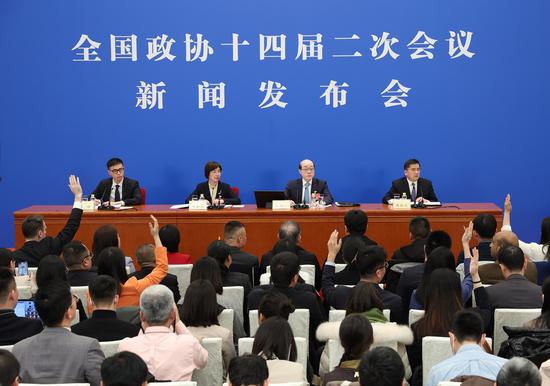

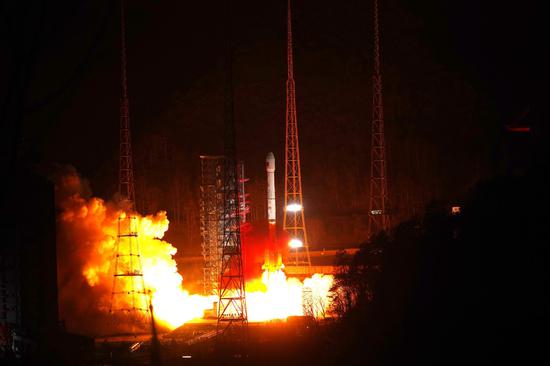
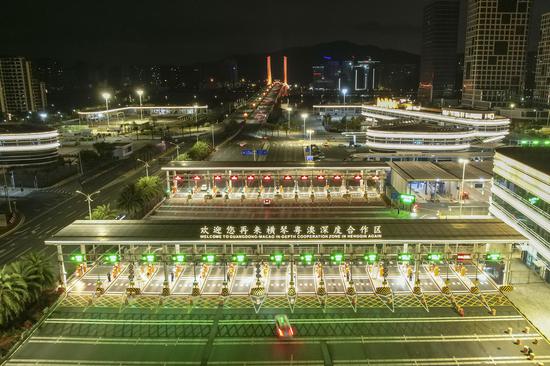






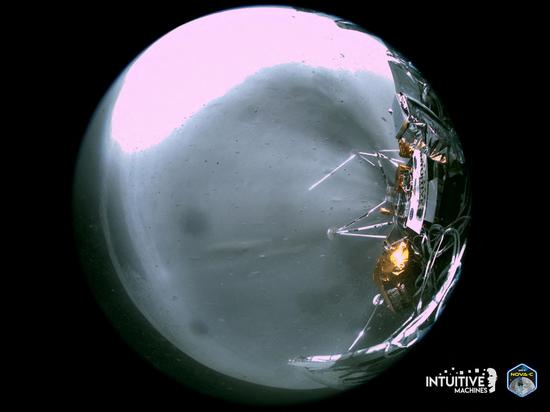
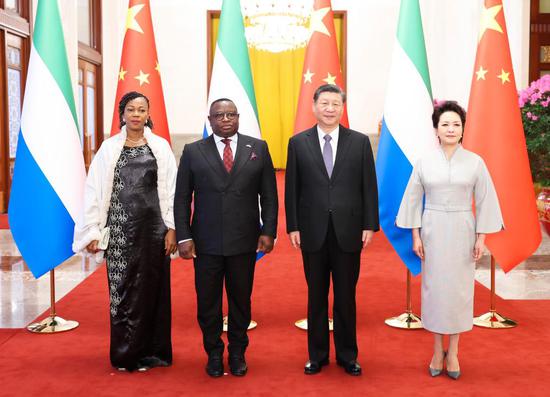


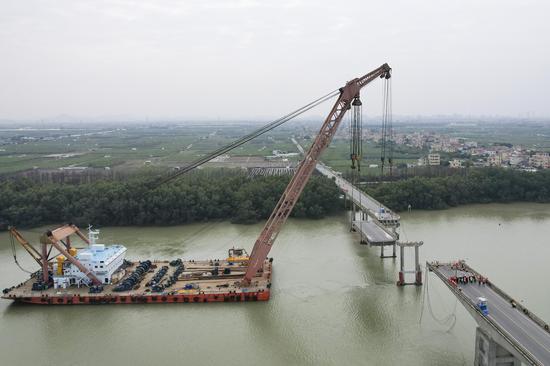
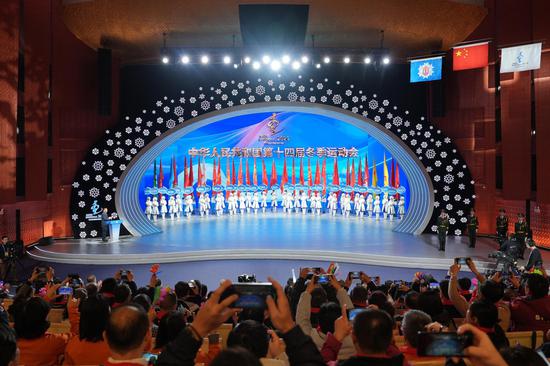


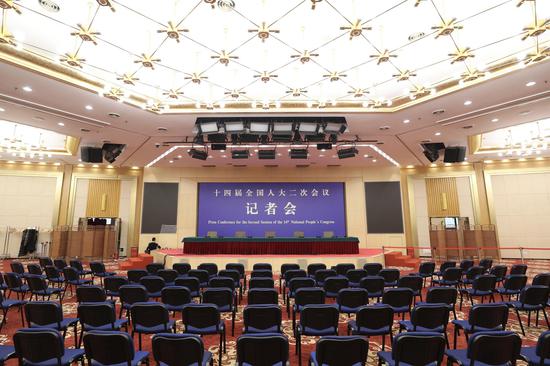
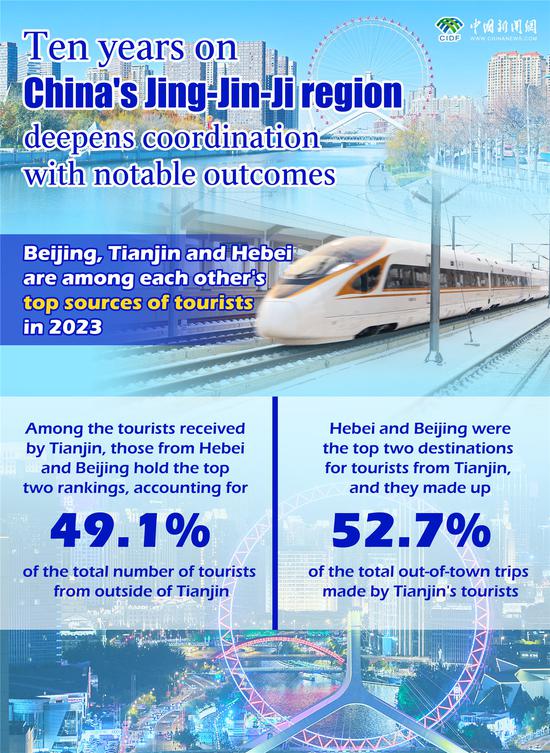
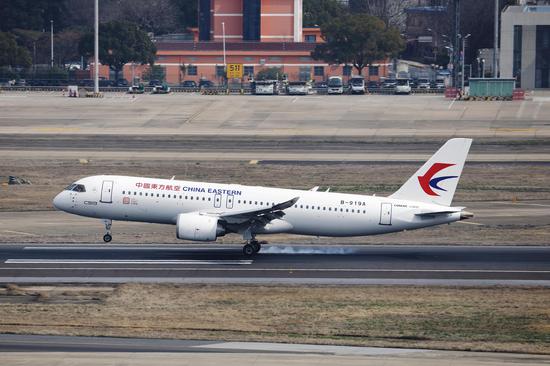
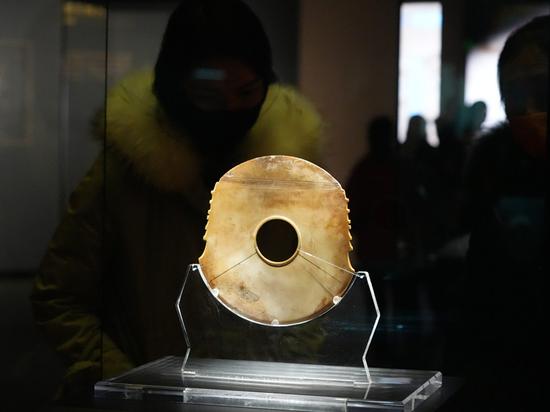


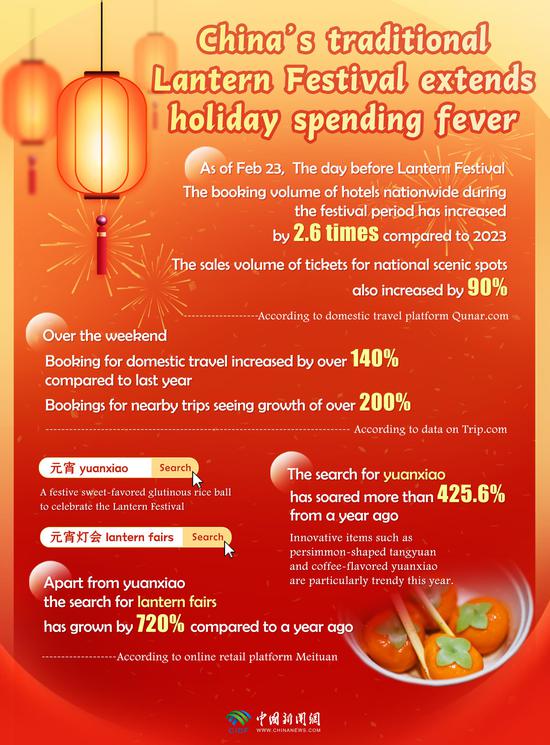
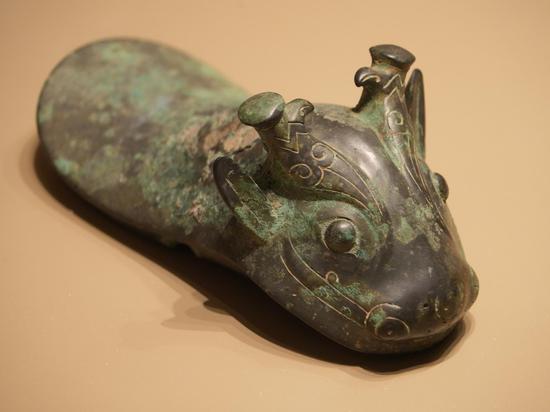
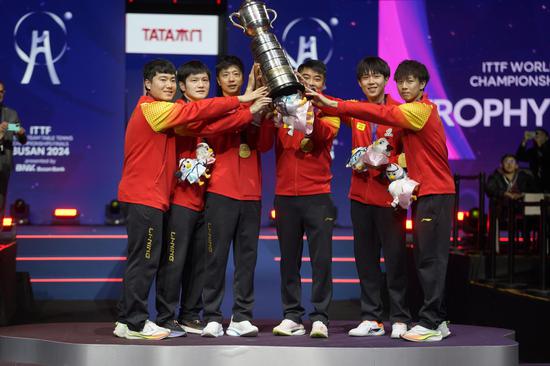







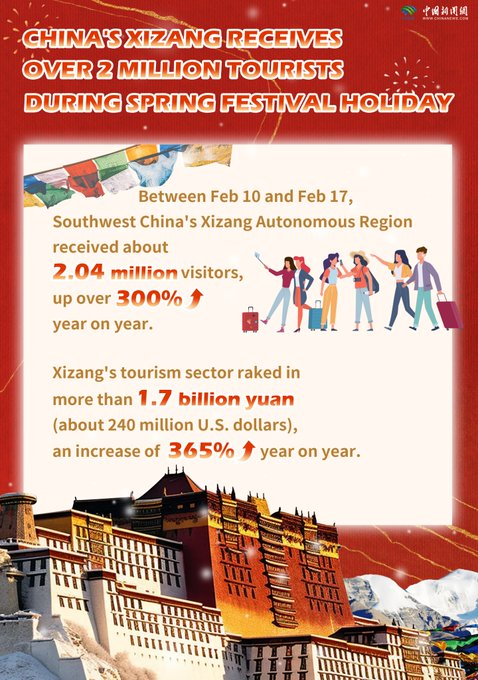
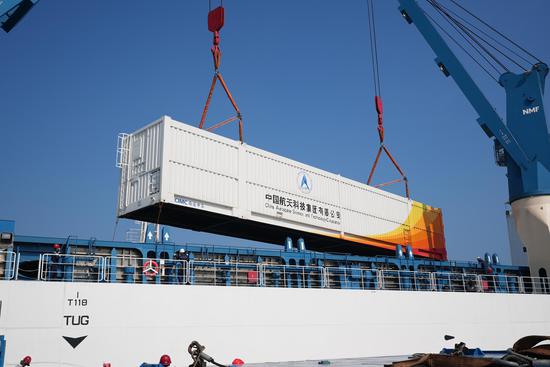






 京公網(wǎng)安備 11010202009201號(hào)
京公網(wǎng)安備 11010202009201號(hào)